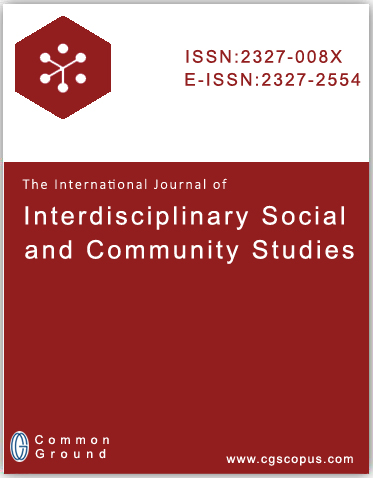THE SHIFTING BOUNDARIES OF COMMERCIAL CERTAINTY: A CRITICAL APPRAISAL OF FORCE MAJEURE CLAUSES IN MODERN CONTRACT LAW
DOI:
https://doi.org/10.18848/yhrsqq82Abstract
The principle of commercial certainty has long been heralded as a cornerstone of modern contract law, enabling parties to allocate risk, plan transactions, and enforce obligations with predictable outcomes. Yet, the volatile realities of the 21st century, manifested through pandemics, climate crises, cyber disruptions, and geopolitical instability, have exposed the fragility of this ideal. Force majeure clauses, traditionally conceived as exceptional safeguards against truly unforeseeable and uncontrollable events, have become pivotal battlegrounds where the boundaries of contractual certainty are now vigorously contested. This research offers a critical appraisal of the evolving function of force majeure clauses, interrogating whether their proliferation and judicial reinterpretation enhance or undermine the stability of commercial relations. It examines the historical underpinnings of these clauses, their doctrinal divergence across jurisdictions, and their increasing entanglement with broader doctrines such as frustration, hardship, and impossibility. Through a close analysis of judicial perspectives, the research exposes the tension between the demand for flexibility in contractual performance and the imperative of legal predictability. Particular attention is paid to the drafting deficiencies and interpretative ambiguities that have surfaced in high-stakes litigation, which threaten to erode commercial trust. The research argues for a recalibration of force majeure practice, one that embraces adaptive legal design while safeguarding core principles of certainty and fairness. In so doing, it contributes to an emerging discourse on how contract law must evolve to meet the complex demands of a world increasingly defined by systemic risk and disruption.










